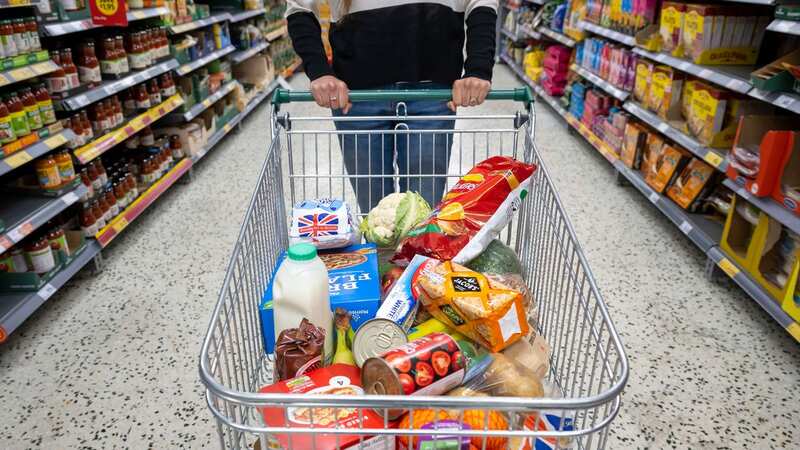Family food bills increase by £605 due to climate change and energy costs

The average family food bill has gone up by £605 over the past two years due to climate change and soaring energy costs. Research found £361 of the increase was attributable to climate change while £244 was due to oil and gas increases.
Since the end of 2021, around £17billion has been added to the food bill by these two factors alone. Food price inflation remains at 10%, with prices still at near-record highs as storms hit potato and vegetable harvests.
Meanwhile heatwaves this year across the Mediterranean, India and South America have all had a major impact on food. Pantry items such as sugar, rice and tomatoes have all been hit by extreme weather, with olive oil prices up 50%.
Climate change now accounts for a third of all food price inflation, said the report by the non-profit Energy and Climate Intelligence Unit.
It says this gives rise to the concern that even as energy prices come down in the years ahead, increasing climate impacts are likely to keep food prices high.
 Protesters planned to kidnap King Charles waxwork and hold it hostage
Protesters planned to kidnap King Charles waxwork and hold it hostage
Author Prof Wyn Morgan, of the University of Sheffield, said: "In 2022, energy costs dominated the headlines and these fed through to a high headline rate of inflation for food. And yet, as energy costs have fallen back, climate change has emerged as a bigger driver of inflation for food over the last two years.
“Assuming average food price inflation of 15% for 2023, our results would suggest that climate change alone will account for a third of price increases this year.
"Given we expect climate impacts to get worse, it is likely that climate change will continue to fuel a cost of living crisis for the foreseeable future. With an El Niño event now confirmed, 2024 may have even worse in store for hard pressed shoppers.”
Commenting on the report, COP26 President Sir Alok Sharma said: “The negative impacts of a changing world climate are here and now and are putting real upwards pressure on the cost of living.
“From staples like wheat and rice, to fruits like bananas and oranges, our food supplies are global and it is therefore imperative that the UK continues to show leadership in its efforts to tackle the climate crisis, so that we bring other nations with us and help cut the risks to our food security.”
Read more similar news:
Comments:
comments powered by Disqus

































